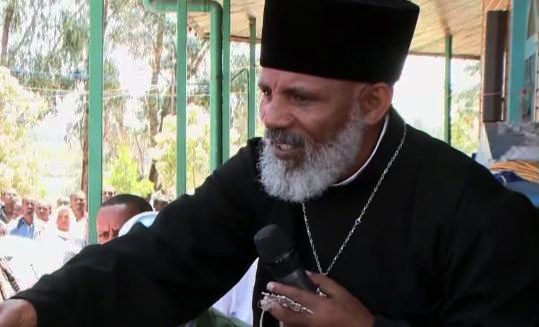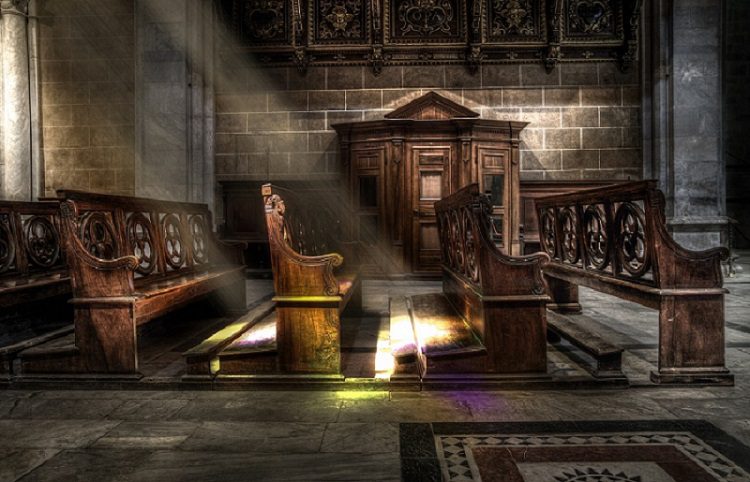
In simple terms, an exorcism is a ritual to rid someone of evil spirits that are plaguing them. While they aren’t something we see performed very much in America, they still have a place in other parts of the world.
Recently there was a mass exorcism ritual held at a church outside the Ethiopian capital Addis Ababa, where some 150 people waited in line to to meet a local celebrity healer who they believed would be able to free them from demons.
These Ethiopian Christians paid up to a month’s wages to be doused in holy water and to go through similar rituals.
This particular ceremony has grown attention from around the world, due to a large series of photos showcasing the ritual. The photos show people of all ages crying hysterically as a cross touches their forehead, or being held down by relatives as they try to avoid being ‘exorcised’, kicking and screaming.
The photos were taken by Czech photographer David Tesinsky. Tesinsky said: “People were crying, screaming and Memehir was punching them…These exorcism rituals are usually performed if someone is not responding to modern medicine or if they are misbehaving, as it is thought they are possessed by a ‘demon spirit’ or ‘buda’.”
According to a 2010 Pew Research Center study, 74 percent of Christians in Ethiopia claim to have experienced or witnessed an exorcism. The belief in demons and the devil found across the religious spectrum is strong, in particularly in rural areas.
“Demon-possessed” persons are brought to a church or prayer meeting. Often, when an ill person has not responded to modern medical treatment, the problem is attributed to demons.
The exorcisms were performed by Ethiopian Orthodox priest Memehir Girma Wedimu.
“Memehir was rejected by all other churches because he earned more money than the church itself,” Tesinsky said.
“He kept asking for money – I saw one very old woman give him $100 to ‘expel’ her of demons and he still wanted more, even though $100 was most likely all she could earn in one month.”
The Ethiopian Orthodox Church still holds remarkable sway over its worshippers, despite no longer being considered the state church after the fall of Haile Selassie in 1974.


